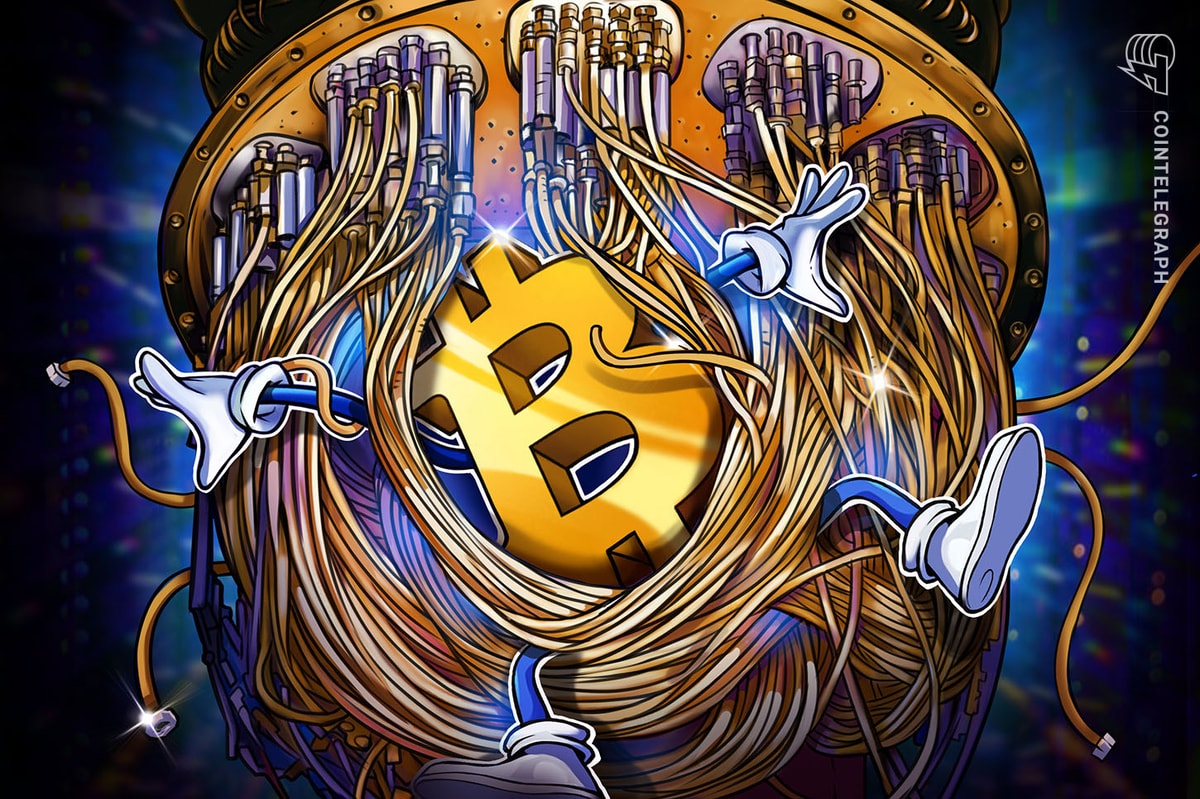Blockchain technology is just about the first thing that comes to mind whenever a discussion centers on the topic of fintech innovations. The tendency to synonymize fintech with Blockchain isn’t entirely faulty, especially considering that even the World Economic Forum, in a 2016 report, said that Blockchain technology will fundamentally change the way financial institutions around the world operate.
While Blockchain technology is most likely going to alter the financial services landscape, it would be specious to attach the concept of fintech exclusively to Blockchain. Other technologies, artificial intelligence for instance, also have the potential to change financial services as we know them. This piece looks at a number of other innovations that are disrupting or can disrupt the financial services landscape.
Artificial Intelligence
Put simply, artificial intelligence has to do with the development of computer systems that can perform tasks that are usually performed by humans — in many cases more efficiently than the latter.
 Image: cdn.pymnts
Image: cdn.pymnts
Financial services firms have been deploying artificial intelligence to improve the way they do business for a number of decades. Although it’s now mainstream, the first Automated Teller Machine, or ATM, only came around in the 1960s. Until then, the withdrawal process was entirely manual. I bring up this example to point out that artificial intelligence in the financial space isn’t a new concept. It’s been around for decades. I also want to point out that it’s the advancement of artificial intelligence that’s disrupting the financial space — just like it has disrupted it over the last few decades. That said, here’s how the advancement of artificial intelligence is currently disrupting the financial services landscape.
Deep learning. Deep learning is a subset of artificial intelligence. The concept of deep learning is quite complex, but we can think of it simply as a concept in which a computer system looks into datasets to learn patterns gradually and in the end, uses what it has learned to take, or not take action, or offer quick insights in presented situations.
These days, deep learning is being employed in the portfolio management space to obtain real-time transaction analysis for stronger portfolio management. Chipmaker NVIDIA also said that financial institutions have been investing in deep learning to manage risks and detect fraud through the analysis of large amounts and contrasting kinds of data. In addition, hedge funds have been investing to teach computers, through deep learning, how to imitate traders so they could perform trading activities, perhaps more efficiently, someday. Deep learning also holds significant promise in the insurance space ranging from customer experience, underwriting and even claims processing.
There’s machine learning, which you can think of as deep learning’s older cousin, that’s disrupting the financial services space. While employed in the insurance and banking industries, it’s most consumer-facing application has been in wealth management space, where it’s employed to build robo-advisors that help retail investors manage their portfolio. The businesses of wealth management startups Betterment and Wealthfront are partly based on robo-advisors.
Application Programming Interface
Application Programming Interface, or API, simply refers a set of routines and protocols for the building of software applications and it determines how software components interact.
The use of API to improve financial services delivery is being discussed within the industry. At the 2016 Apigee FinTech API Summit, experts pointed at the possible ways that the use of API would disrupt the financial services business.

Image: i.pinimg
The adoptions of APIs could help speed product design and delivery for financial institutions. Peter Wannemacher, an analyst at Forrester with specialization in digital strategy and the financial services industry, said the growing “mobile mindset” would pressurize financial institutions to up their game at identifying “mobile moments.” Mobile moments are ones that a mobile phone user pulls out their device to achieve a result. Considering that there is no one financial institution that can gather all information to truly identify mobile moments, Wannemacher predicted that APIs would be at the center of things.
API also presents an opportunity for institutions to share data with other institutions without exposing important operational secrets. Startup personal finance company SoFi’s adoption of Quovo’s wealth management API illustrates a good example of how API offers the opportunity for the unification of data, without necessarily having to share or merge operational systems. Quovo’s Authentication API allows SoFi to pull all of a customer’s information from their accounts to deliver better services.
Digital identity
One of the major obstacles for the complete digitization of finance is identity. The mainstream financial system can do almost nothing without establishing the identity of a customer or user, and that is a problem with fintech innovators. The majority of fintech innovators are looking to offer complete digital products, but identity challenges break the digital flow by forcing innovators to employ physical channels, such as photographs of drivers’ licenses. In essence, if we’re ever going to have purely digital offerings, there needs to be a simple but reliable means of establishing identity digitally. Blockchain technology has already been tipped to have the potential of solving identity issues in the digital world.
Image: secureidnews
So far, social media has been helpful in establishing digital identity, but many experts don’t deem social media foolproof. There’s been video-based identity management technologies, which take a few seconds video of a user and use algorithms to compare it to provided user photos. According to a 2016 World Economic Forum report, for fintech to actualize its full potential, there’s a need for more digital identity innovations.
Samsung has improved the digital identity conversation by patenting vein identification sensor smartwatches, which would read a user’s vein structure to help authenticate payments. The sensor could also detect pulse rate, which, like vein structure, is unique to individuals.
Bottom line
Regardless of how important Blockchain technology might be to the future of finance, we need to be realistic - it cannot solve all challenges facing the financial services landscape alone. Different innovations need to be able to work together in other to achieve greater results. Blockchain is only a part of fintech and not a synonym for fintech.











